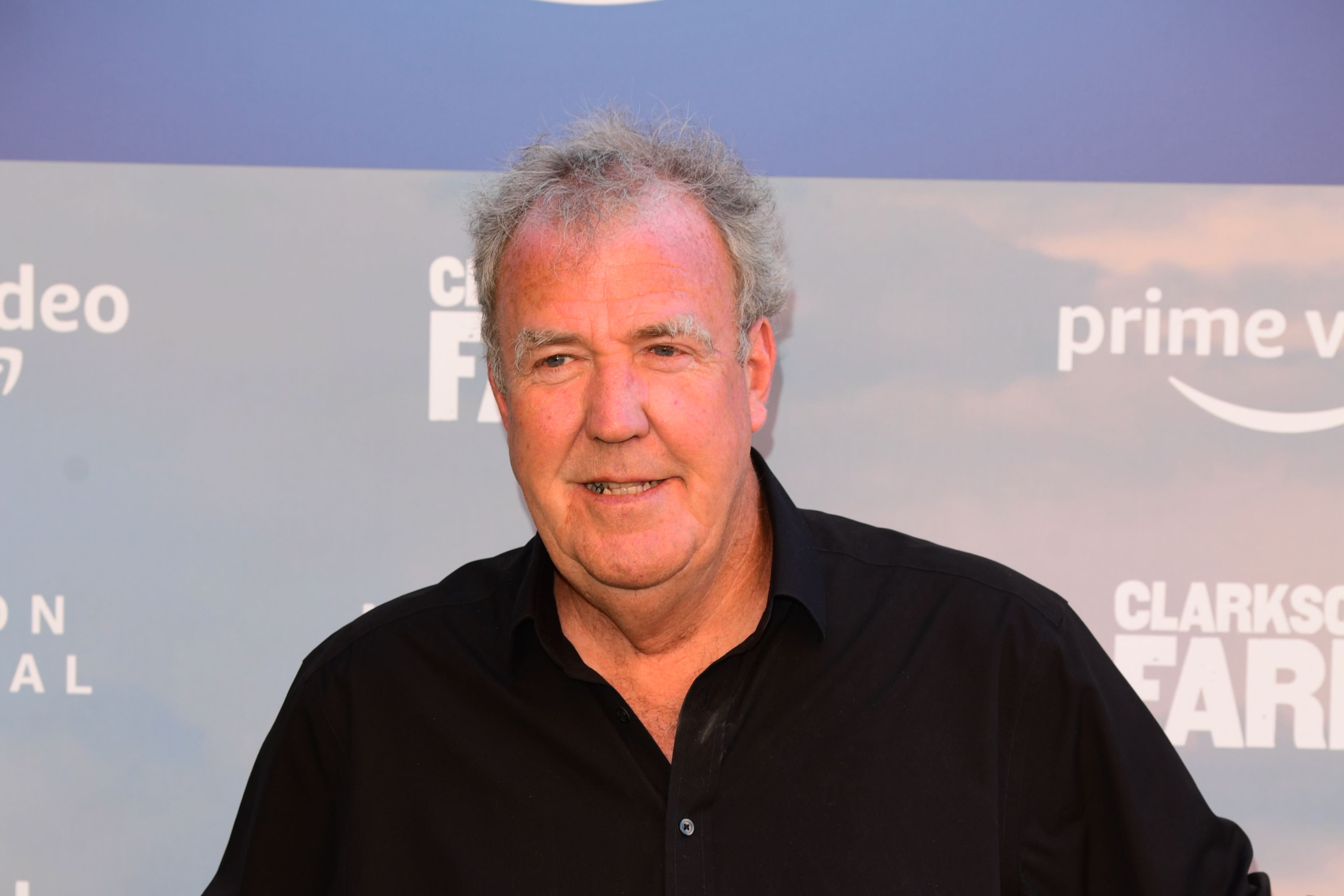Royals are welcome to complain about press coverage, says regulator
The chairman of the newspaper regulator, Ipso, said press regulation ‘applies just as much to the royal family as it does to anybody else’.

Your support helps us to tell the story
From reproductive rights to climate change to Big Tech, The Independent is on the ground when the story is developing. Whether it's investigating the financials of Elon Musk's pro-Trump PAC or producing our latest documentary, 'The A Word', which shines a light on the American women fighting for reproductive rights, we know how important it is to parse out the facts from the messaging.
At such a critical moment in US history, we need reporters on the ground. Your donation allows us to keep sending journalists to speak to both sides of the story.
The Independent is trusted by Americans across the entire political spectrum. And unlike many other quality news outlets, we choose not to lock Americans out of our reporting and analysis with paywalls. We believe quality journalism should be available to everyone, paid for by those who can afford it.
Your support makes all the difference.Members of the royal family are welcome to make official complaints about press coverage, the chairman of the independent newspaper regulator has said.
Former minister Lord Faulks stressed he needed to remain neutral when asked whether Jeremy Clarkson’s recent column on the Duchess of Sussex would elicit a response from Ipso (Independent Press Standards Organisation) for causing offence.
But he insisted press regulation “applies just as much to the royal family as it does to anybody else”, when asked about the article ahead of the publication of the Duke of Sussex’s autobiography Spare.
Mr Clarkson’s piece in the Sun, in which he said he “hated” Meghan and dreamed of her being publicly shamed, last month became Ipso’s most-complained about article.
We are there to field complaints from everybody and that includes members of the royal family if they choose to complain about the way the press has treated them.
The newspaper removed it from their website and made a public apology but this was branded “nothing more than a PR stunt” by Meghan and Harry.
Asked on BBC Radio 4’s World At One about the article, Lord Faulks said: “I really don’t want to discuss that particular case because it may come up, it probably will come up, for consideration.
“I don’t want anything I say to be looked like I am judging these things earlier.
“But in general terms there is always a difficult line to tread between something that I might find offensive, somebody else might find offensive, but at the same time journalists have got to be able to express themselves in sometimes robust terms and the fact that I may be offended is bringing nothing to the point.
“But there comes a time when lines are crossed, privacy may be invaded or there may be some other violation of the code. These are difficult lines to draw sometimes.”
Lord Faulks added that in the past he had personally felt “uncomfortable about the way the monarchy has been treated” by the press.
Speaking from his experience as Ipso chairman, he told the BBC: “The position now is that 97% of the press by way of circulation is regulated by Ipso. We are there to field complaints from everybody and that includes members of the royal family if they choose to complain about the way the press has treated them.
“They can say there are inaccuracies, they can say their privacy has been invaded, the editors code actually applies just as much to the royal family as it does to anybody else.
“We welcome any complaints from the royal family if they feel it appropriate to make them.”
The unaffiliated peer, who sits on the House of Lords constitution committee, also suggested revelations from Harry’s autobiography may have “fanned the flames of debate” about the future of the monarchy.
Asked what he thought the public reaction would be to Harry’s book given his role and considering the British constitution, Lord Faulks said he did not have “any particular insight”.
“We just look at how the constitution operates and make suggestions for change,” he said.
But the peer added: “I think on a quite ordinary level, people will begin to feel either uncomfortable that they know too much or that they want to know more.
“I think the exposure is going to make people examine what they want from the monarchy. I don’t think that people have decided they definitely want a fundamental change but this has certainly fanned the flames of debate – I think – in a big way.”
Meghan recently accused the British media of wanting to “destroy” her and claimed, during a six-part Netflix documentary, that “salacious” stories were “planted” in the press.
She took the publisher of The Mail on Sunday – Associated Newspapers Limited – to court after it published parts of a personal letter to her father, Thomas Markle, winning the case in 2021.